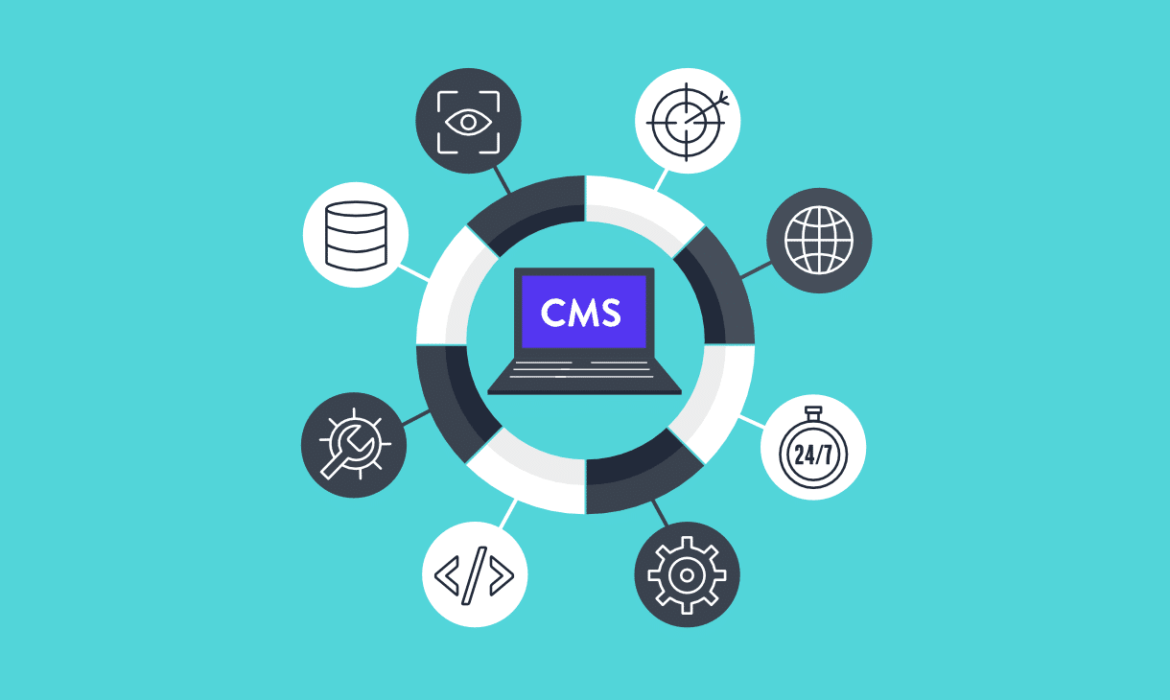A Content Management System (CMS) is a software application that allows users to create, manage, and publish digital content, typically for websites, without needing advanced technical knowledge. It provides a user-friendly interface for creating and organizing content, which can be text, images, videos, audio, or other types of digital assets.
With a CMS, website owners can easily add, edit, and delete content without having to modify the website’s underlying code or structure. This makes it easier for businesses to keep their website up-to-date and relevant, without requiring the assistance of a web developer.
Most CMS platforms provide a range of features, including:
- Content creation tools: Allows users to create and edit content using a simple interface, similar to a word processor.
- Content organization tools: Allows users to organize content into categories and tags, making it easier to navigate and search.
- User management: Allows administrators to manage user roles and permissions, enabling different users to have different levels of access to the CMS.
- SEO optimization: Some CMS platforms include built-in tools for optimizing content for search engines, such as metadata and keyword analysis.
- Plugins and extensions: Many CMS platforms have a wide range of plugins and extensions available, which can add additional functionality and features to the platform.
Popular CMS platforms include WordPress, Drupal, and Joomla, among others. These platforms are typically open source, meaning that the software code is freely available to the public and can be modified by developers to create custom features and functionality.
In summary, a Content Management System is a powerful tool that allows website owners to easily create and manage digital content, without requiring technical knowledge or coding skills. By making it easier to keep a website up-to-date, CMS platforms can help businesses improve their online presence and attract more visitors.

